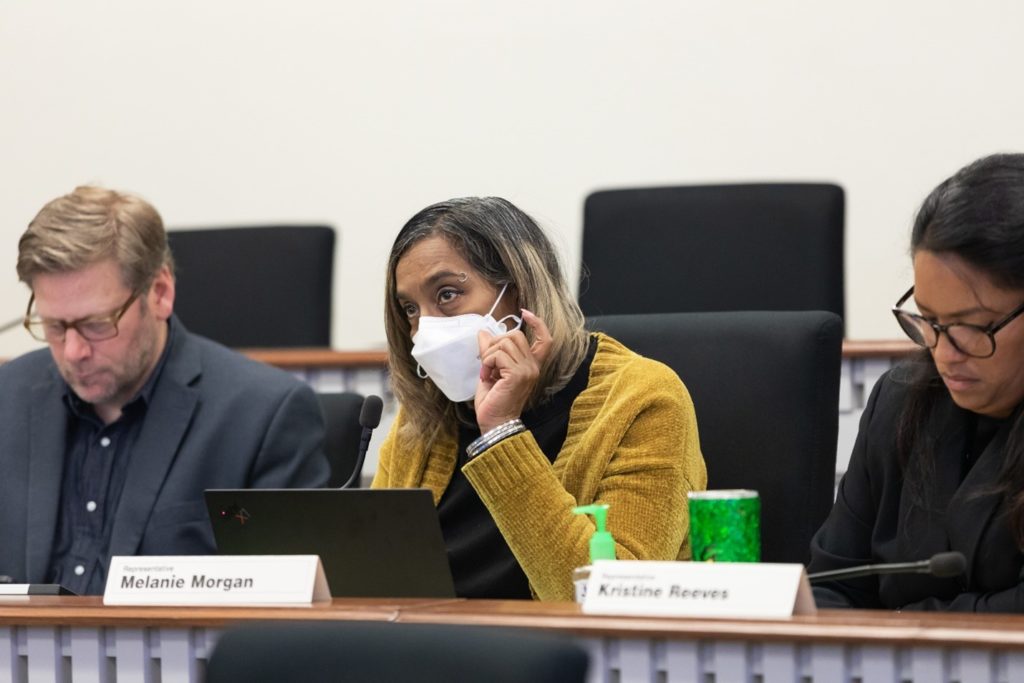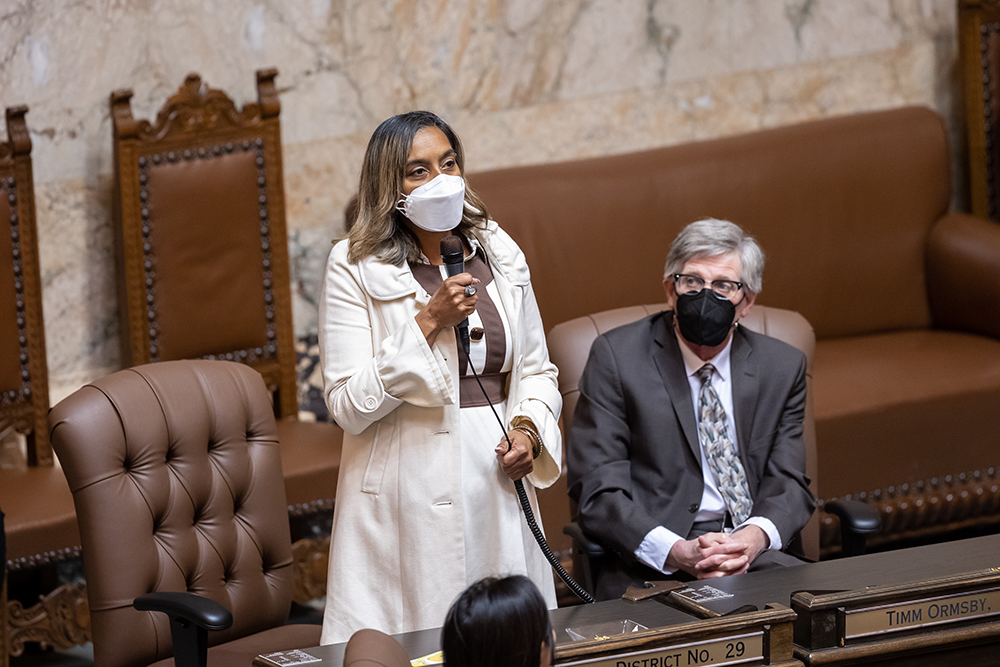Black History Week was established by Carter G. Woodson in 1926. Woodson’s organization, the Association for the Study of Negro Life and History, chose the second week in February because it was the week of both Frederick Douglass’s and Abraham Lincoln’s birthdays. The purpose was to focus attention on the contributions of African Americans to the United States. In 1975, it became a month-long (28 days) celebration.
Black History Month has a theme each year. This year’s theme, according to the Association for the Study of African American Life and History, is Black Resistance, which explores how “African Americans have resisted historic and ongoing oppression, in all forms, especially the racial terrorism of lynching, racial profiling, and police killings,” since the nation’s earliest days (SOURCE: https://www.bridgeportct.gov/bhm2023#:~:tex).
One such person that spent her career on the front lines fighting oppression in her community was Marjorie Pitter King. She lived most of her life in Seattle’s Central District, helping others and serving her state and community with distinction. Those who knew her described her as a “mover and shaker.” Ms. King was a fierce advocate for women and marginalized communities. In 1965, Marjorie Pitter King became the first Black woman to hold office in the Washington State Legislature. While her tenure was brief, King remained active in local government and dedicated her life to politics.
House Resolution No. 2005-4614, Honored Representative Marjorie Pitter King. She was memorialized as the first Black American woman to serve in the Washington State Legislature since the state was admitted to the union.
To continue former Representative King’s hard work, I am proud to have been the first chair of the Legislative Black Caucus (formerly the Black Members Caucus). Established in 2019, this inspiring group of five Black/African American legislators brought forth culturally cognizant policies for Black communities. Today, King’s legacy is marked by 11 Black/African American lawmakers that make up one of the most diverse Legislatures in Washington State history. With this, we also empower each other as we navigate an institution that never intended for us to occupy positions of leadership.
Committee Work
This is my third year advocating for urbanized and rural communities across Washington on the House Agriculture & Natural Resources Committee. This session, I am honored to serve as Vice Chair.
During the 2021-2022 interim, I engaged in several farm tours across the state. I met many farmers and ranchers who keep our state as one of the most productive agricultural regions in the world. In my observations, there were not as many farms that are owned by communities of color. There are roughly 100 Black/African farmers. Last biennium, I provided the Department of Agriculture with resources to ensure our robust industry is inclusive.
It is the end of week 7. This committee has had many equitable conversations on agriculture, food manufacturing, wildlife protection, and forest health. My fellow members and l strive to implement legislation that supports this vital industry through economic stability and development.
Suciasaurus Rex Returns!
Four years ago, students from Ms. Cole’s fourth grade class at Elmhurst Elementary in the Franklin Pierce School District contacted my office with a proposal: They wanted to make the Suciasaurus rex the official state dinosaur of Washington. The students researched the dinosaur and its fossil’s discovery on Sucia Island and how a bill became a law. I proudly agreed to sponsor the bill and introduced it in late 2019. Since then, the bill has had multiple hearings and votes in House committees and off the House floor, but it has never passed the Senate.
This year, I introduced the bill again (HB 1020), and the House passed my bill once again this week. I am optimistic that the Senate will agree that this is a Dino-Mite bill and not just about a state dinosaur. This bill is about civic engagement and how our youth engage with their state legislature. I hope the third time is the charm and the Senate agrees and votes to make the Suciasaurus rex our state dinosaur!


